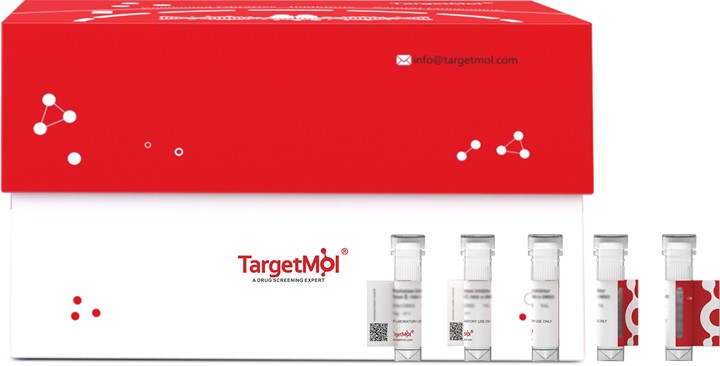Shopping Cart
Remove All Your shopping cart is currently empty
Your shopping cart is currently empty
Amphiregulin Protein, Human, Recombinant (HEK293) is expressed in HEK293 Cells. The accession number is Q5U026.

| Pack Size | Price | USA Warehouse | Global Warehouse | Quantity |
|---|---|---|---|---|
| 5 μg | $81 | 7-10 days | 7-10 days | |
| 10 μg | $130 | 7-10 days | 7-10 days | |
| 20 μg | $198 | 7-10 days | 7-10 days | |
| 50 μg | $397 | 7-10 days | 7-10 days | |
| 100 μg | $755 | 7-10 days | 7-10 days | |
| 200 μg | $1,430 | 7-10 days | 7-10 days | |
| 500 μg | $3,420 | 7-10 days | 7-10 days |
| Biological Activity | ED50 < 0.2 ng/ml, measured in a cell proliferation assay using 3T3 cells. |
| Description | Amphiregulin Protein, Human, Recombinant (HEK293) is expressed in HEK293 Cells. The accession number is Q5U026. |
| Species | Human |
| Expression System | HEK293 Cells |
| Tag | Tag Free |
| Accession Number | Q5U026 |
| Synonyms | Colorectum cell-derived growth factor (CRDGF),AREG,AR |
| Construction | Ser101-Lys198 |
| Protein Purity | > 95% as determined by SDS-PAGE |
| Molecular Weight | 15-20 kDa (reducing conditions) |
| Endotoxin | < 0.2 EU/μg of protein as determined by the LAL method. |
| Formulation | Lyophilized from a 0.2 μm filtered solution in PBS. |
| Reconstitution | Reconstitute the lyophilized protein in sterile deionized water. The product concentration should not be less than 100 μg/ml. Before opening, centrifuge the tube to collect powder at the bottom. After adding the reconstitution buffer, avoid vortexing or pipetting for mixing. |
| Stability & Storage | Upon receiving, this product remains stable for up to 6 months at lower than -70°C. Upon reconstitution, the product should be stable for up to 1 week at 4°C or up to 3 months at -20°C. For long term storage it is recommended that a carrier protein (example 0.1% BSA) be added. Avoid repeated freeze-thaw cycles. |
| Shipping | In general, Lyophilized powders are shipping with blue ice. Solutions are shipping with dry ice. |
| Research Background | Amphiregulin is a member of the EGF family of cytokines, which comprises at least ten proteins including EGF, TGF-α, HB-EGF, Epiregulin, Tomoregulin, Neuregulins and the various heregulins. Through the EGF/TGF-α receptor, it stimulates growth of keratinocytes, epithelial cells and some fibroblasts. Amphiregulin also inhibits the growth of certain carcinoma cell lines. Synthesized as a transmembrane protein, Amphiregulin’s extracellular domain is proteolytically processed to release the mature protein. |
| Size | Quantity | Unit Price | Amount | Operation |
|---|

Copyright © 2015-2026 TargetMol Chemicals Inc. All Rights Reserved.